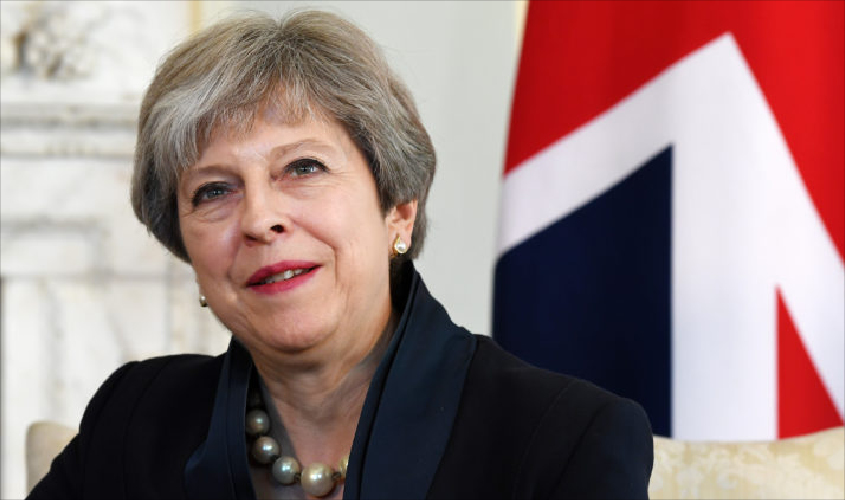Quantities of new think-tanks and conservative groups are energetically thinking about the space that Jeremy Corbyn has successfully captured.
The centre-right of the Tory Party is preoccupied with reinventing the Conservative message to reconnect with young voters. Quantities of new think-tanks and conservative groups are energetically thinking about the space that Jeremy Corbyn has successfully captured. The risk with this initiative is that Conservative policy thus drifts towards the Left in trying to appeal to the Millennials. Research shows that in the 2017 General Election, Labour were 47% ahead among 18-19-year-olds and Conservatives had an advantage of 50% in the over 70s.
The young adults who are captivated by Corbyn will never have experienced a socialist government. It is typical for young people to transiently experiment with the ideals of the Left. Some UK statistics show that for every ten years older a UK voter is, the chances of voting Labour decreases by 6 points, and the likelihood of voting Conservative increases by 10 points. Interestingly, the crossover age is 34 years, which is at the top end of the Millennial bracket of 18-36 years. The demographic bulge in UK still confirms the population is getting older, with 18% aged 65 years and over in 2017. The conventional
wisdom is that people become more conservative as they age. Today Labour is ahead 19% with the 18-24 year old bracket and Conservatives are ahead 49% in the over 65s. A study recently showed that the average age of a Tory voter was 57 years and Labour’s was 53 years and it is known that younger generations do not vote in as high number as older people, but the turnout in the younger generation has apparently fallen fastest.
The crossover and the over 60s voting likelihood bodes well for the Tory party, but the initiative to appeal to young voters risks that Conservative policy leans to the left of centre, which was tried in the 2017 Manifesto and failed abjectly with both the young and the older voters.
It is believed the Tory voter image needs refreshing and Brandon Lewis, the Conservative Chairman’s idea to attract more members was a sort of loyalty scheme that might offer discounts; this backfired when the example given was Nando’s restaurant chain (very popular with Millennials), but Nando’s were quick to broadcast they had no political affiliation. It is fashionable around Westminster to dis Margaret Thatcher’s brand of capitalism of free-markets — expanding ownership — less state interference; Chancellor Philip Hammond is making a speech in California reportedly calling for reframing capitalism. Hammond chose to make the speech at the Apple HQ in a bid to get the attention of young techies.
MP George Freeman’s second Big Tent Ideas Festival in September will look to tap into the zeitgeist. Ruth Davidson, leader of the Scottish Conservatives, is promoting Tory optimism. Michael Gove has popularised his new environment ministry with panache. A new series of Millinnifests promoted by the young think-tank Common Vision is offering a chance for Millennials to shape the debate to achieve a new kind of politics for the Generation Y. The new breed of think-tank types includes the CPS’ New Generation Project, and New Blue, Freer, Onwards, Bright Blue and Young Tories are all looking for radical reform; traditional true blue Tories hope they don’t throw the baby out with the bathwater. While trying to appeal to the young they might turn off the old, who were already turned off by the “dementia tax” from the 2017 Manifesto. How long does it take to figure out young people want the same as older people want for their children and grandchildren — a growing economy, low taxes, plentiful and affordable housing for everyone, available and efficient public services and improved infrastructure.
This week the Westminster voting intention polled by ICM showed no change from two weeks ago, with Conservatives at 43% and Labour at 40%.

